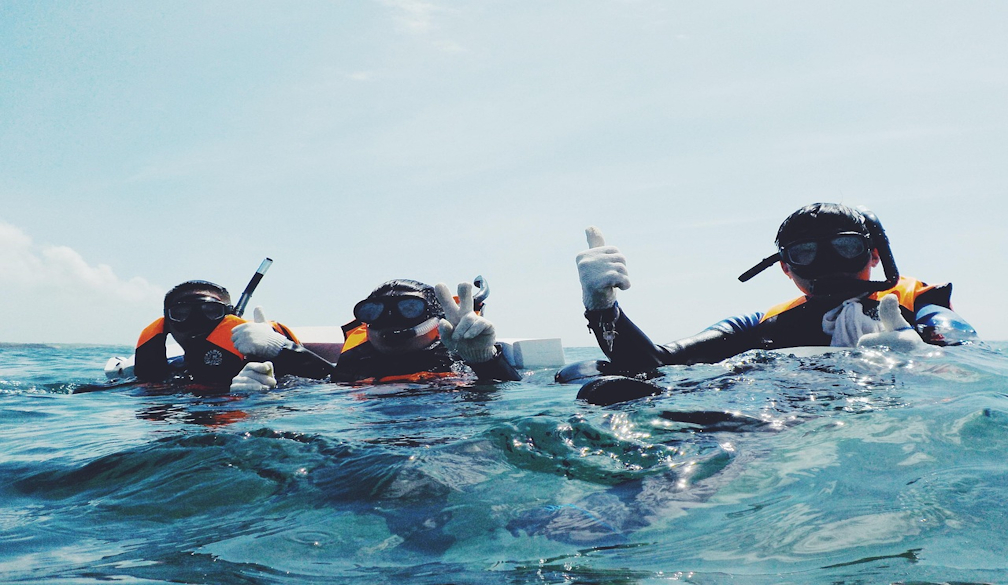Hiring Commercial Diving Services: What You Need to Know

Image Source
Commercial diving services provide skilled professionals who handle underwater tasks that require specialised equipment and training. These divers work in various industries, including construction, shipping, and energy, performing inspections, maintenance, and repairs. Hiring a commercial diving team is essential if a project involves working below the water’s surface in harbours, offshore structures, or pipelines.
Underwater work presents unique challenges that require expertise and strict safety protocols. Commercial divers are trained to operate in extreme conditions, using advanced tools to complete tasks that would be impossible for untrained individuals. Hiring the right team ensures the job is done efficiently and safely, reducing risks and preventing costly mistakes.
Cost and Contracts
Several factors influence the cost of commercial diving services, including the complexity of the task, location, and equipment required. Specialised projects, such as deep-sea welding or offshore inspections, often come at a higher price because of the expertise and gear involved.
A clear contract helps avoid misunderstandings between both parties. It should outline the scope of work, pricing details, safety measures, and timelines. This ensures transparency and protects the client and the diving company from unexpected issues.
Some commercial diving companies extend their expertise to offshore services, providing solutions beyond diving alone. This can be beneficial for large-scale marine projects that require a combination of underwater inspections, maintenance, and structural assessments. Understanding what a company offers beyond diving can help select the right provider.
Safety Standards and Equipment
Safety is one of the most critical aspects of commercial diving. The underwater environment is unpredictable, so divers must follow strict safety protocols. Reputable diving companies invest in advanced safety gear, including high-quality diving suits, communication systems, and breathing apparatuses. Proper training is also essential, as even the best equipment cannot prevent accidents if divers are not adequately prepared.
Before any dive, professionals conduct risk assessments to identify potential hazards. Emergency procedures are also in place to handle unexpected situations, such as equipment failure or sudden changes in water conditions. Companies prioritising safety protect their divers and ensure the job is completed without unnecessary delays. Safety drills help teams prepare for worst-case scenarios, reinforcing quick emergency response times.
Technology also enhances safety. Some companies use remotely operated vehicles (ROVs) to assist with high-risk tasks, reducing the need for human divers in dangerous conditions. Innovations like real-time monitoring systems allow surface teams to track diver movements and detect issues early. Choosing a company that follows strict safety measures minimises risks and ensures compliance with industry regulations.
Qualifications and Certifications Matter
Not all divers have the skills required for commercial projects, so checking qualifications is crucial. Certified divers undergo rigorous training to handle complex underwater tasks while adhering to industry regulations. Their expertise ensures they can work safely in hazardous conditions, such as low visibility, strong currents, or deep-sea environments. Proper certification also guarantees that divers understand emergency procedures and risk management.
Different countries have certification standards, but typical qualifications include those from the Association of Diving Contractors International (ADCI) and the Health and Safety Executive (HSE). These certifications confirm that divers have met strict training and safety requirements. Without proper qualifications, a diver may lack the knowledge to handle high-risk jobs, increasing the chance of accidents or project delays. Regular training updates help divers stay updated with industry advancements and safety improvements.
Working with a certified commercial diving team means trusting their ability to complete the job professionally. Inexperienced divers may charge less, but this can lead to expensive problems later because of mistakes and lack of skill. Hiring a team with recognised credentials reduces liability and ensures that projects meet safety and legal standards.
Experience and Reputation
Experience matters when hiring a commercial diving service. Companies with years of industry experience are more likely to handle challenges effectively, ensuring smooth project completion. Their track record shows their ability to manage complex underwater tasks without unnecessary setbacks. Experienced teams are also better equipped to handle emergencies, reducing risks and delays.
Checking a company’s reputation is just as important as reviewing its experience. Reading client testimonials and case studies can provide insight into their reliability and quality of work. Companies that have completed similar projects are more likely to meet expectations. Independent reviews and industry awards indicate a company's commitment to high standards.
Asking for references or previous project details can also help assess a company’s credibility. A reliable service provider will be transparent about their past work and willing to share relevant information. Choosing a company with a solid reputation ensures that your project is in capable hands, reducing the chances of costly mistakes.
Conclusion
Hiring a commercial diving service requires careful consideration. Each factor ensures a successful project, from checking certifications to reviewing safety standards and experience. Choosing a qualified and reputable team helps avoid risks, delays, and unexpected costs.
Taking the time to research different companies will pay off in the long run. For projects involving inspections, offshore, or repair services, the right team ensures professional and safe handling of everything. Making an informed decision will lead to better results and a smoother experience.







